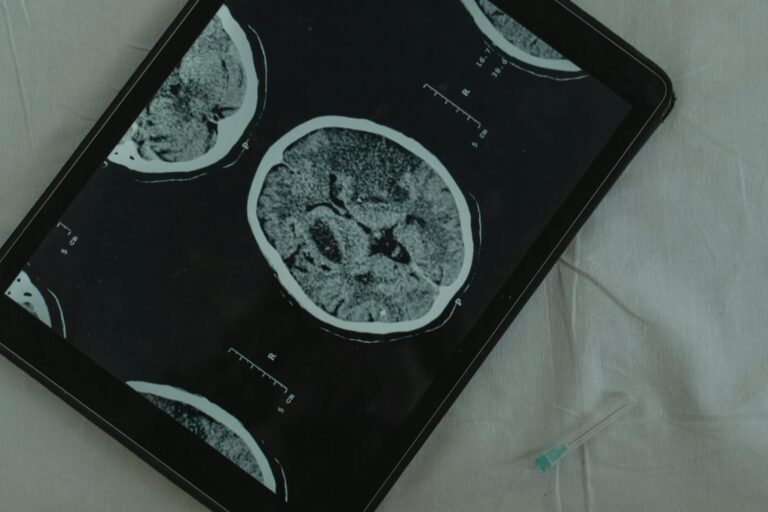The Role of Smart Home Devices in Supporting Dementia Care
Smart home devices are increasingly playing a vital role in supporting individuals with dementia and their caregivers. These innovative technologies can help manage daily routines, enhance safety, and improve overall quality of life. Here’s how smart home devices are making a difference:
### Enhancing Daily Routines
Smart home devices like Amazon’s Alexa can assist seniors with dementia in managing their daily tasks. For instance, Alexa can be programmed to remind individuals to take their medications at specific times, ensuring they stay on track with their treatment plans. Additionally, Alexa can provide updates on news, weather, and traffic, keeping seniors informed and engaged.
Alexa also helps seniors stay organized by providing calendar and schedule reminders. This feature is particularly useful for keeping track of appointments, meal times, and social events. Caregivers can even sync their calendars with the senior’s to ensure everyone is on the same page.
### Promoting Safety and Independence
Advanced wearable technology, such as the Theora Care system, is designed to prevent individuals with dementia from wandering. These devices use GPS and sensors to alert caregivers if the person leaves a designated safe zone. This technology not only reduces the risk of accidents but also alleviates the stress associated with constant supervision.
Medical alert systems, like those offered by ADT and Aloe Care Health, provide additional safety features. These systems include fall detection and two-way communication, allowing seniors to quickly call for help if needed. They also offer location tracking, which is especially useful for individuals who may forget their whereabouts.
### Creating a Supportive Environment
Smart home technologies can transform living spaces into supportive environments. For example, smart lighting can be activated by motion sensors or voice commands, making it easier for seniors to navigate their homes safely. Sensors can also detect falls, gas leaks, and water leaks, alerting caregivers to potential hazards.
### User-Centered Design
The effectiveness of smart home devices for dementia care depends on user-centered design. This approach involves involving individuals with dementia and their caregivers in the design process to ensure that the technology meets their specific needs. By focusing on simplicity and ease of use, these devices can enhance self-esteem and independence.
### Conclusion
Smart home devices are revolutionizing dementia care by providing practical solutions to everyday challenges. From managing medications and schedules to ensuring safety and independence, these technologies are invaluable tools for both seniors and caregivers. As technology continues to evolve, it will play an increasingly important role in improving the quality of life for individuals with dementia.





